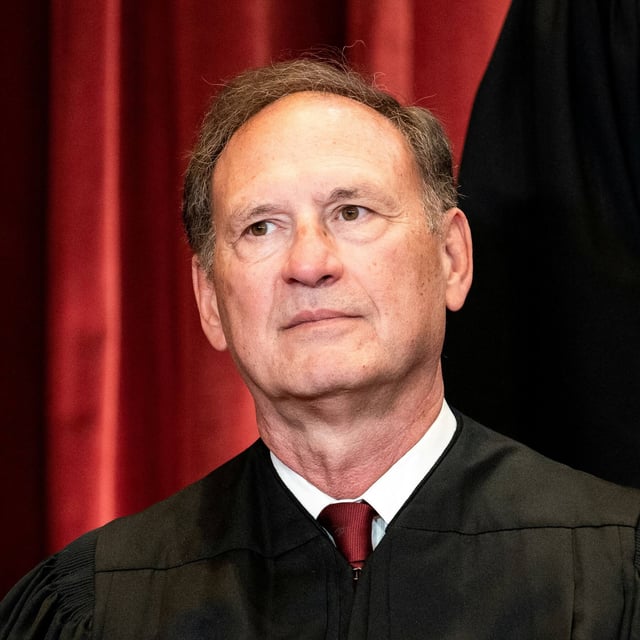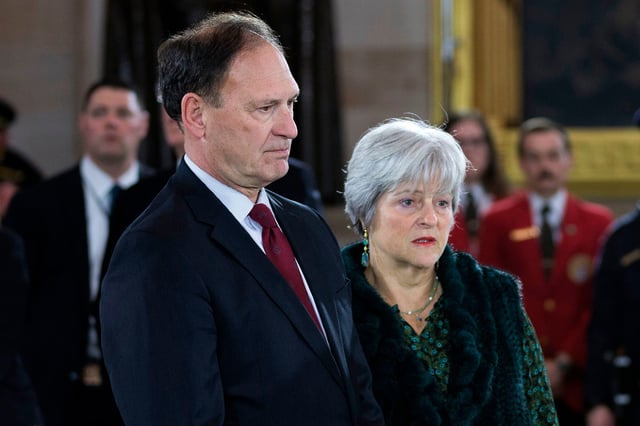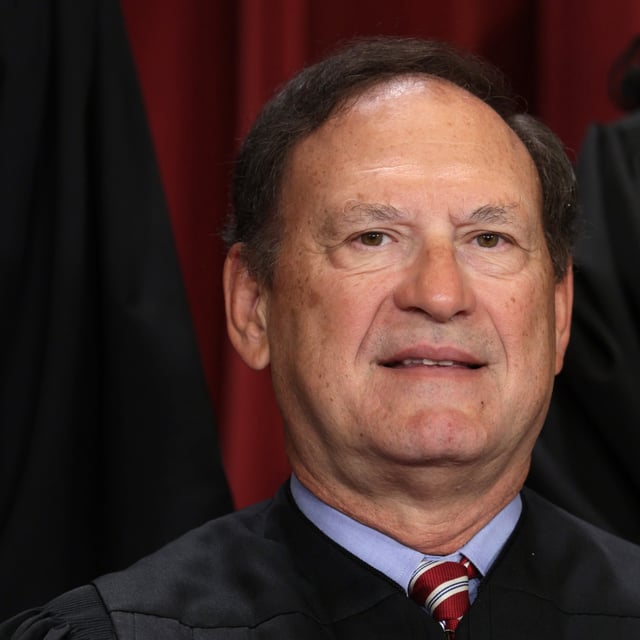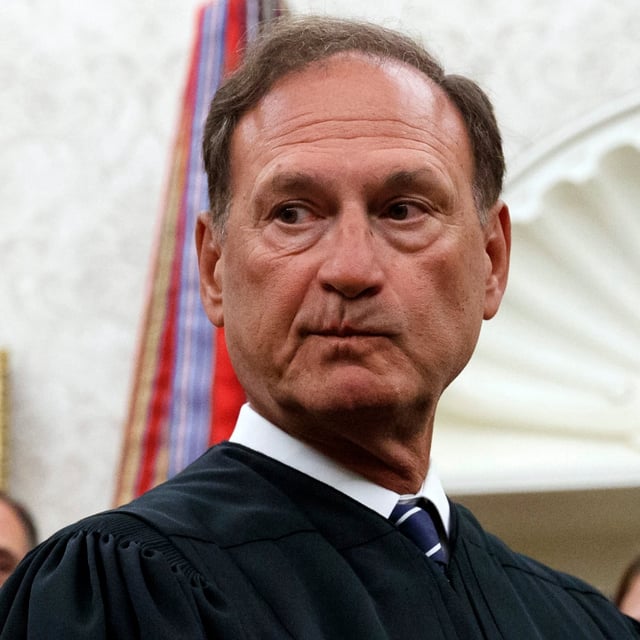Overview
- Justice Alito was recorded expressing that America's cultural divide is irreconcilable and one side must prevail.
- The recordings were made by an activist posing as a conservative at a Supreme Court Historical Society event.
- Alito's remarks emphasized his belief that fundamental differences on key issues cannot be compromised.
- Chief Justice Roberts, also recorded, refuted the idea of the U.S. as a 'Christian nation.'
- The tapes have reignited debates about the impartiality and ethical conduct of Supreme Court justices.



